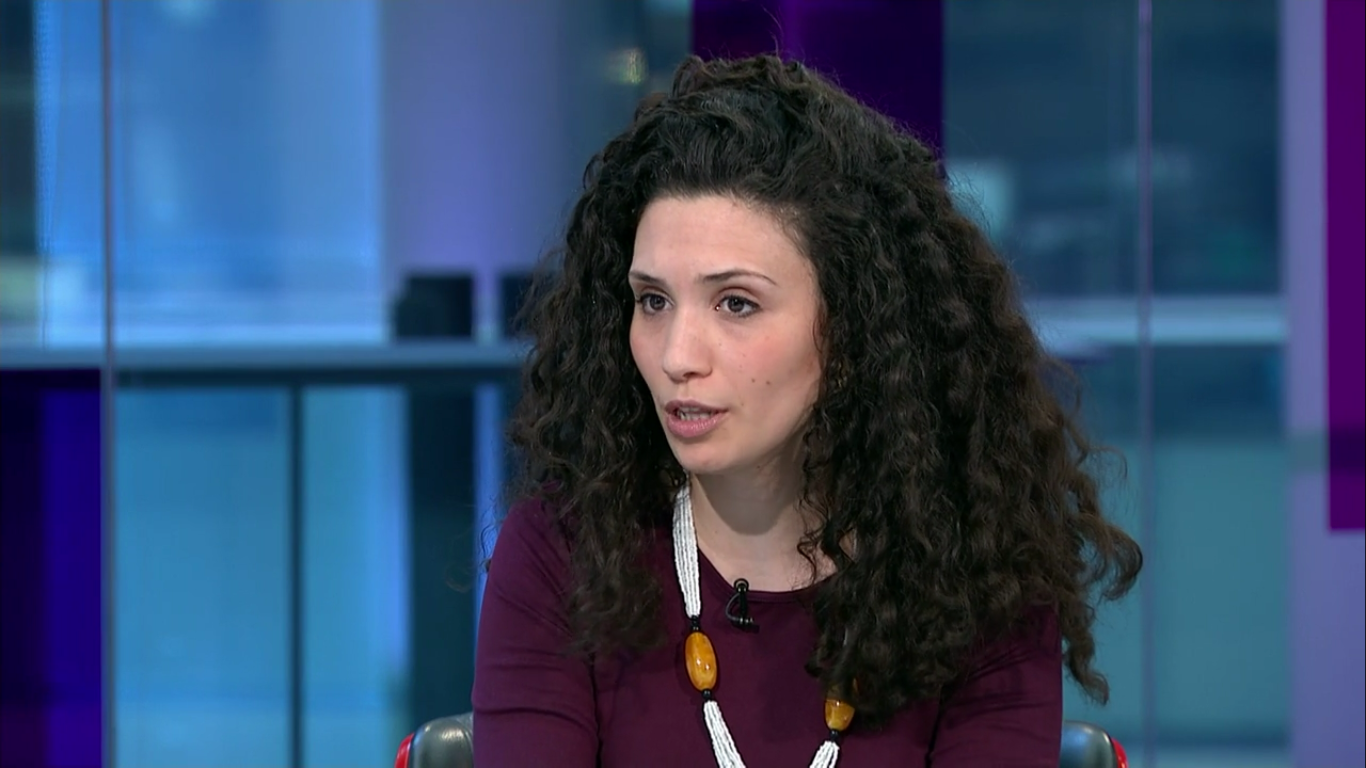NUS president Malia Bouattia suggests education cuts cause young people to join terror groups in Syria
President's comments criticised for showing 'just how out of touch she is with the real world'

The controversial new National Union of Students president has suggested Government cuts to education could be to blame for a rise in young people joining terror groups in Syria.
Speaking during a debate at University College London, Malia Bouattia, 28, said the “political climate which we’re in” is causing people to take “certain actions and joining these groups and wanting to inflict violence.”
Further arguing why young people “feel so disempowered” that they’re left with no choice but to go off to Syria, in audio obtained by HuffPost UK, Ms Bouattia can be heard saying mass unemployment, education being privatised - “and rendered ever inaccessible” - as well as youth centres being closed down are to blame.
She added: “Every service available to support young people to allow space for critical thought and development has been shut down by the state.”
The debate, The Prevent guidance: Preventing extremism or promoting prejudice?, was organised by London law firm, Bindmans, and sought to examine whether the Government’s controversial Prevent agenda is effective in stopping radicalisation, or whether it alienates “the very communities it hopes to engage.”
Student leaders and groups have since criticised Ms Bouattia for making the comments.

Gray Sergeant, national organiser at Student Rights - a group that tackles on-campus extremism - said her remarks “misunderstand the problem.”
Jack May - one of the leaders behind Cambridge University’s campaign to disaffiliate from NUS - told the Independent Ms Bouattia’s comments show “just how out of touch she is with the real world.”
Adding how it’s “a shame” many universities across the nation have decided not to disaffiliate from NUS, he said: “If she keeps making headlines in such a damaging way, it may not be too long before many campuses think again.”
Students’ unions (SUs) across the country have been carrying out referendums on whether to break away from the NUS after the election of Ms Bouattia, and an overall controversial National Conference - in April.
Ms Bouattia’s election campaign was hit with allegations of anti-Semitism in the days running up to her being chosen as leader. She has always strongly denied all allegations made against her.
Speaking to Channel 4 News shortly after her election, Ms Bouattia defended her decision to delay a motion condemning Isis in 2014, which led to her being labelled an “Isis sympathiser.”
She said there was some “problematic wording” in the motion which “blurred the lines” between condemning Isis and holding all Muslims accountable for their actions, and said: “I have always condemned Isis, and I will continue to.
“Being a Muslim woman, in the limelight, holding a position of power has meant it doesn’t matter there are total untruths to it. I will still be branded an Isis sympathiser.”
So far, the SUs at Lincoln, Newcastle, Hull, and Loughborough are preparing to disaffiliate, costing the national student campaigner an estimated £170,000 in affiliation fees. In contrast, the SUs at York, Exeter, Warwick, Surrey, Essex, and the two Oxbridge universities have chosen to remain with NUS.
Join our commenting forum
Join thought-provoking conversations, follow other Independent readers and see their replies
Comments
Bookmark popover
Removed from bookmarks